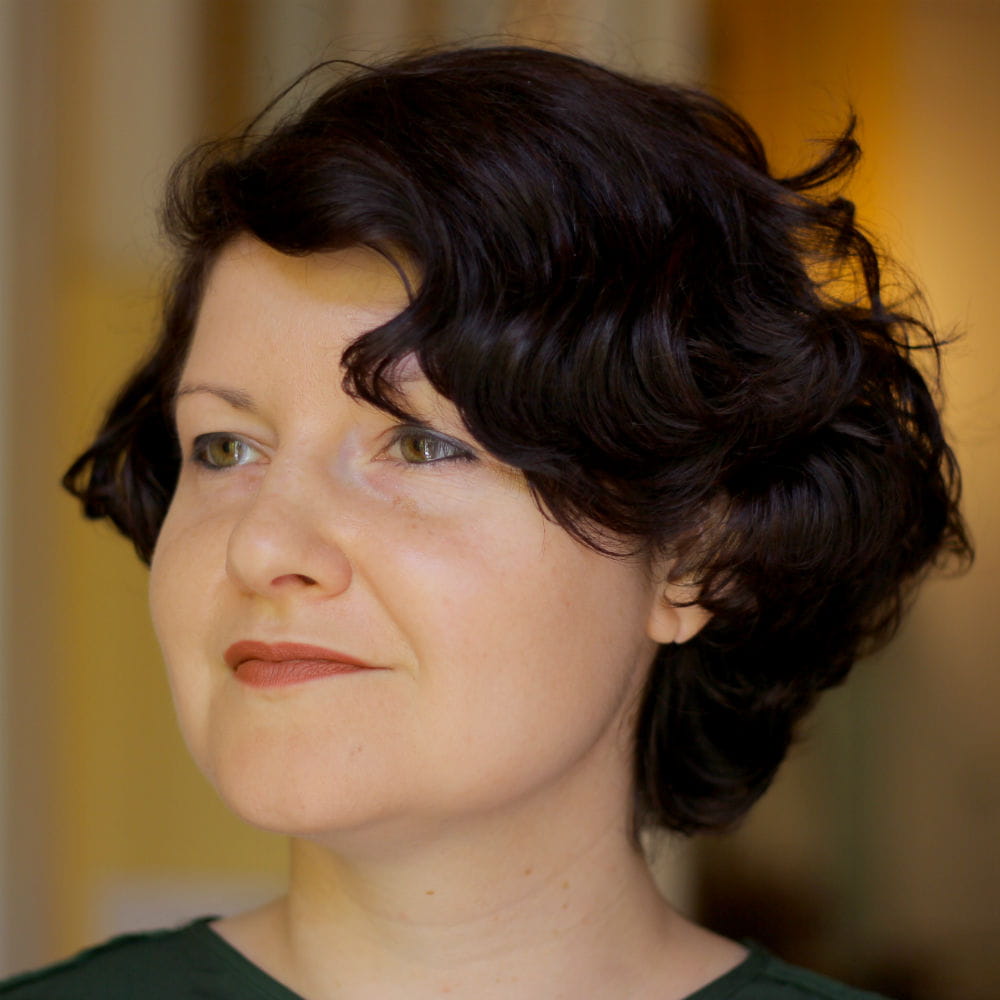Money and Psychoanalysis: Economies of Care

The issue of money in psychoanalysis, especially the high fees demanded for psychoanalytic sessions in private practice and for training at established institutions, looms large in times of escalating financial instability and the rising need for mental health care, particularly among disadvantaged populations.
A fact that is unsurprising, but still little known, is that during equally precarious times (in the 1920s and the 1930s) a series of free clinics, child guidance centres, camps and residential homes for young offenders, refugees and “maladjusted” children arose in Austria, Germany, England, Hungary, USA, Russia and elsewhere.
These clinics came up with vouchers, sliding scales, quotas for free or low-cost sessions shared by all psychoanalysts (yes, even the famous ones!) and rules of conversion that made it possible for trainees to pay for their education, even if they were not from affluent or middle-class backgrounds. Naturally, the influx of such new populations changed the questions psychoanalysts were willing to pose and made the provision of anti-capitalist economies of care one of psychoanalysis’ central tasks.
Our team at the FREEPSY Project are intent on reviving this forgotten history, not only to demonstrate that free clinics have a long and rich legacy in many parts of the world, but also to see which aspects of this legacy are being applied today.
In October 2023, the Freud Museum will be hosting the conference Money and Psychoanalysis: Economies of Care, which will serve as the starting point for us to explore and showcase the social, economic and psychological lessons of the free clinics (contemporary and historical).
At this conference, we will be guided by a series of questions surrounding the paradox of money:
- Money has a fantasy dimension. How do fantasies differ among populations based on their class, ethnicity, gender, sexuality and the various ways in which these factors intersect?
- What is the relationship between political economy and desire?
- How can we make sense of alternative and anti-capitalist forms of circulation, and how do these appear in different fields of practice?
- Finally, given that we are traversing a crisis in medical and social care, what are some creative attempts to initiate new forms of circulation, leading to new economies of care?
This conference brings together psychoanalysts, historians, anthropologists and socio-political theorists. On each panel, a psychoanalyst will be in dialogue with a social theorist, followed by a short intervention by a discussant.
As well as the members of the FREEPSY team (Raluca Soreanu, Ana Minozzo, Ana Tomčić, Lizaveta van Munsteren, Julianna Pusztai, Ivan Ward and Ana Čvorović), speakers will include Giuseppe Cocco, Francisco J. González, Deivison Mendes Faustino, Dany Nobus, Dorothée Bonnigal-Katz, Tales Ab’Sáber, Daniel Feldmann, Deanne Bell, Guilaine Kinouani, Ian Parker, Jordan Osserman, Barry Watt, Joanna Ryan and Barbara Szaniecki.
Conference brochure and booking information
This is a hybrid conference. Participants can join online or in person. We offer a series of differential fees, including an unlimited number of bursaries. A share of the total gains of the conference will be donated to one or several free psychoanalytic clinics.
If you would like to join us, please click on the links below.
